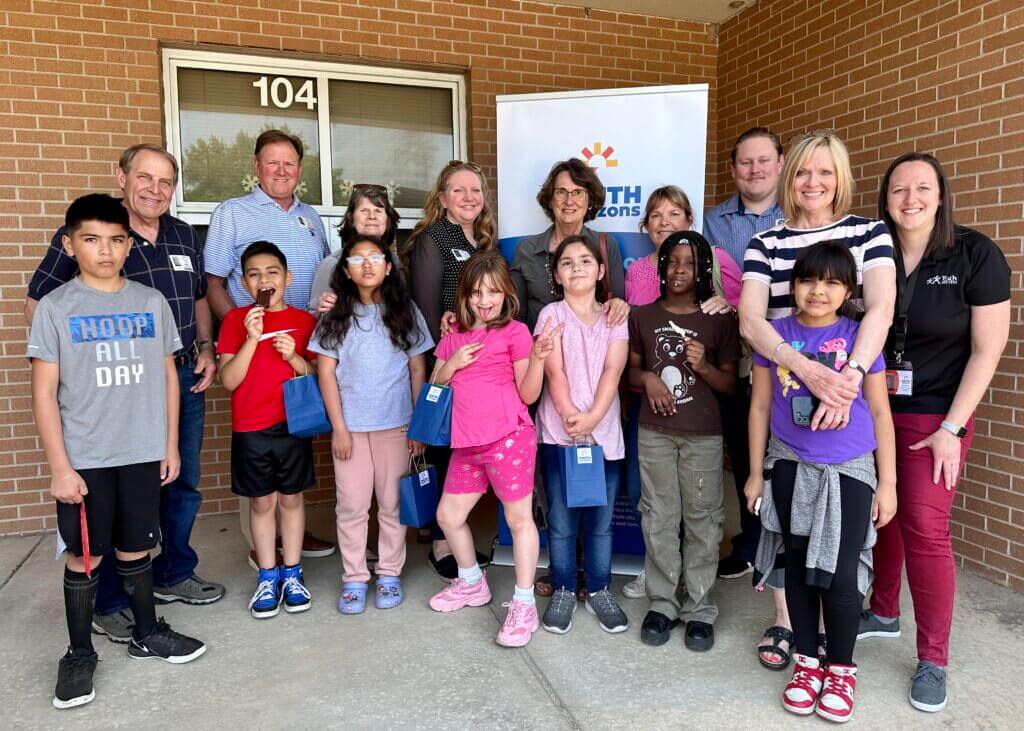The 4 S’s: How to Connect for Stronger Relationships
by · Jul 8, 2024
When you Google the 4 S’s, you’ll find a handful of results, all providing tools to help navigate different development focus areas. At Youth Horizons, we focus on those principles and tools that contribute to the well-being and success of young people, as developed by the Search Institute. These principles, known as the 4 S’s – Sparks, Strengths, Struggles and Supports – provide a comprehensive framework to guide parents, educators, and communities in nurturing, empowering, and connecting with the next generation. Understanding and implementing the 4 S’s is proven to foster a positive environment that promotes growth, resilience, and achievement in young individuals. Imagine the possibilities if parents, educators, and communities bond together and apply these principles in a coordinated effort. Dare we imagine a holistic developmental approach for all kids and youth in our community? In our world?
Let’s take a closer look at the 4 S’s, what they mean, and how they contribute to the development of our kids and young people.
Definition: A “spark” is a passion, interest, or talent that excites a young person, giving their life purpose, direction, and energy.
Benefits:
Definition: Strengths are the positive qualities, skills, and attributes that young people possess, which can be developed and leveraged to achieve success.
Benefits:
Definition: Struggles refer to the challenges and obstacles young people face.
Benefits:
Definition: Support refers to the network of caring, trusting relationships with family members, peers, educators, and mentors that provide guidance, encouragement, and a sense of security.
Benefits:

The 4 S’s – Spark, Strengths, Struggles and Supports – offer a framework for creating connections and promoting the holistic development of young people. By fostering passions, recognizing strengths and struggles, and building supportive relationships, parents, educators, and communities can join together to create an environment where young people thrive. Embracing the 4 S’s as a communications framework not only benefits our kids but also contributes to a more compassionate, resilient, and engaged society as they grow and enter our communities as young adults.
Stay tuned for coming articles that provides practical, hands-on 4 S’s interview questions designed to help you interact and connect with youth in our community. Be the champion they deserve!
Next: The 4 S’s Interview: How to Begin